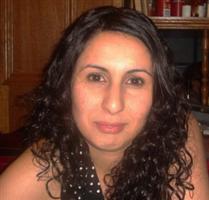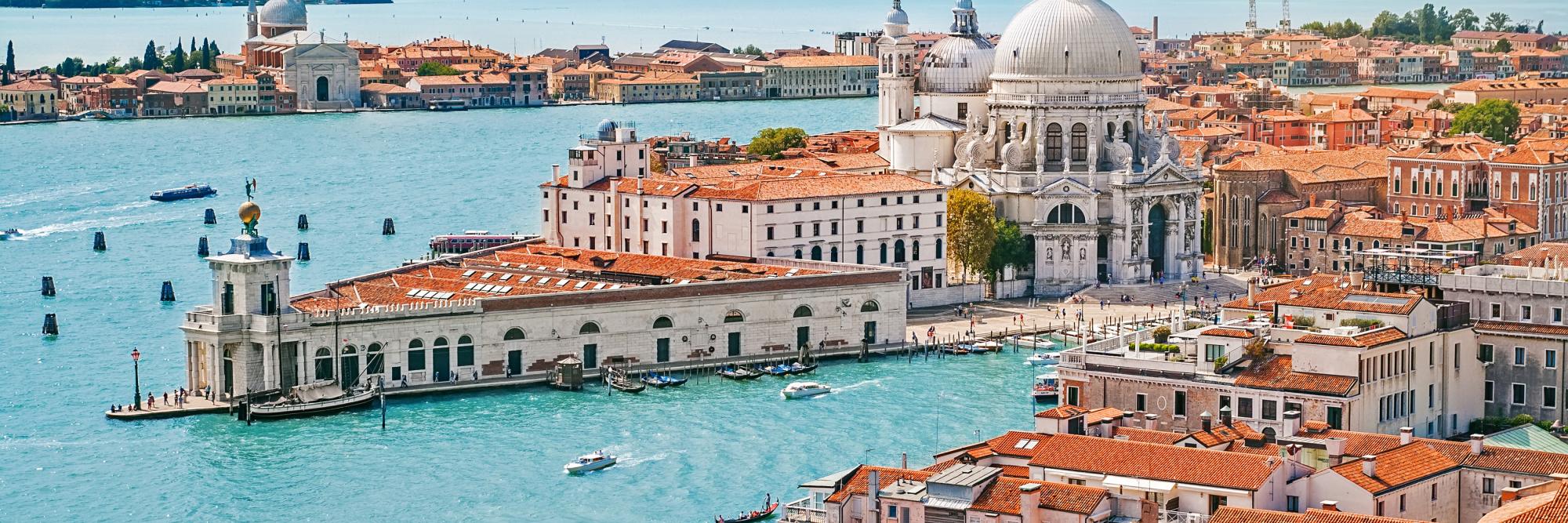Linda is a French expat of Algerian origin living in Italy. After ten years of living in England, she decided to take a year off to follow her dream of becoming a writer and freelance journalist and now finds herself living in Olbia, on the Italian island of Sardegna.
Read more about Italy in the Expat Arrivals Italy country guide, or read more expat experiences in Italy.
About Linda
 Q: Where are you living now?
Q: Where are you living now?
A: I am currently in Olbia, Sardegna, Italy (before I was in Nottingham)
Q: How long have you lived in Italy?
A: Since August
Q: Did you move with a spouse/children?
A: No, alone
Q: Why did you move; what do you do?
A: After 10 years of working in British education, I wanted a break. I would like to become a writer and a freelance journalist, but as it requires a huge amount of energy in trying to promote my work, I decided to take a gap year. I am currently working as a Language Teacher (English, French, Spanish).
About Olbia
Q: What do you enjoy most about Olbia, how’s the quality of life?
A: The scenery is spectacular, and the historical background is fascinating. There is also a real struggle between tradition and modernity.
Q: Any negatives? What do you miss most about home?
A: The economic crisis is palpable. People are generally under-qualified and have given up on any prospect of self-bettering, thus contributing to devaluation of the area.
Q: Is Olbia safe? Are there any areas expats should avoid?
A: Yes, it is definitely safe. Being a touristic spot, everything is open late. Everywhere is lit and there are generally a lot of people about, but just like any city, at night, the areas in the periphery of the centre are to be avoided.
Q: How would you rate the public transport in Olbia? What are the different options? Do you need to own a car?
The inner-city services are good. It’s less expensive than England and the services are frequent. Unfortunately the last buses are at 9pm or 10pm, which is really early. Also to go from Olbia to another city, it is a nightmare. Extra-urban services are poor and slow, despite the roads being in good condition.
Q: How would you rate the healthcare in Olbia?
A: It’s poor. To buy medication is cheap. With the EHIC card, for an asthma inhaler, it will only cost you 4 EUR. Unfortunately, if you have something more serious like a toothache, you are bound to travel all the way to Sassari and wait a few hours and might not even get a prescription. To obtain a doctor’s appointment, it takes a month.
About living in Olbia
Q: Which are the best places/suburbs to live in Olbia as an expat?
A: Where I am, Bandino, is probably the best area. It is very safe. It has three supermarkets in close proximity. The rents are reasonable. There is good connection to the public transport network. It is less than 10 minutes to the city airport.
Q: How do you rate the standard of housing in Olbia?
A: The housing is generally good. The prices match England and most rentable accommodation is already furnished, which is great for an expat.
Q: What’s the cost of living compared to home? What is cheap or expensive in particular?
A: Housing is similar. Transport is much cheaper. Unfortunately, food and entertainment is much more expensive. The quality of food is higher and generally locally produced, so the prices are justified. For a single person who eats normally, it will cost 100 EUR for food shopping per week. But if you have Italian friends, then it’s a guarantee that you will be invited over a couple of times a week and will probably eat enough for a week. Many have allotments, and they are always proud to give away homemade jam, honey, olive oil, cheese and home-grown vegetables.
Q: What are the locals like; do you mix mainly with other expats?
A: The local population is very friendly and generally happy to help, but you must ensure you return the favour immediately, as it is a tacit cultural rule. For example, my neighbour is an electrician. He had some solar panels left from another job so offered to install them in the house. In exchange, the same night, I had his family over for tea and even did a bit of English with the children.
Q: Was it easy meeting people and making friends in Olbia?
A: Yes, though I made sure to let people know I was keen to have a bit more of a social life and get to know the Sardinian culture. I am frequently invited over.
About working in Olbia
Q: Did you have a problem getting a work visa/permit?
A: No, as I have an EU passport.
Q: What’s the economic climate like in Olbia, is there plenty of work?
A: The economic situation is really fragile. Finding work is difficult and you generally need connections. To find a job teaching English here, I did a month au pairing for a family and during this month, I tried to meet the right people.
Q: How does the work culture differ from home?
A: People are much less professional. If you work with someone, then you should not rely too much on them. People tend to be late or even cancel. Everything is much less effective and slower, which can be really frustrating.
Q: Did a relocation company help you with your move?
A: No, I organised it all myself.
And finally…
Q: Is there any other advice you would like to offer new expat arrivals?
A: I think as an expat, you must be careful about having expectations. You risk being disappointed if you do. You must have a realistic view of the experience. Moreover, you have to accept that there is an adaptation period.
~ Interviewed October 2012



